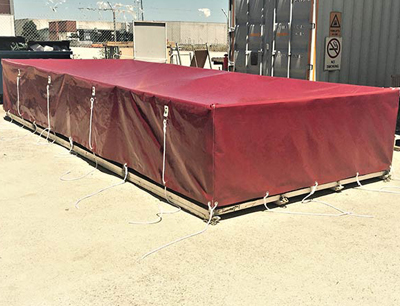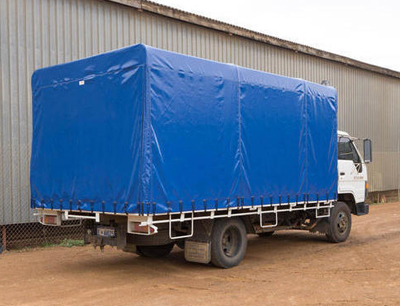
During transportation, goods and materials are vulnerable to external elements such as rain, wind, and sunlight. Tarpaulins serve as reliable covers for trucks, trailers, and cargo, safeguarding merchandise from damage and ensuring safe delivery. Whether transporting construction materials or delicate goods, tarps offer weatherproof protection and peace of mind.
Rail transport is a cornerstone of logistics, moving vast quantities of goods across vast distances. Tarpaulins designed specifically for wagons provide protection against weather, theft, and tampering during transit. These covers are durable, easy to install, and customizable to fit various wagon sizes, making them indispensable for efficient rail logistics.

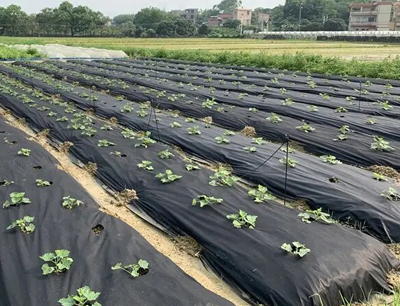
In agriculture, protecting crops and produce is essential to maintain quality and maximize yields. Tarpaulins serve as effective covers for hay, grains, fruits, and vegetables, shielding them from moisture, pests, and UV radiation. Whether on farms, orchards, or storage facilities, these covers help preserve freshness and prolong shelf life, contributing to agricultural sustainability.
Hay is a valuable commodity in farming and livestock management. Tarpaulins provide essential coverage for hay stacks, protecting them from rain, mold, and rot. By keeping hay dry and well-preserved, farmers ensure a steady supply of nutritious feed for their animals throughout the year, minimizing waste and maximizing profitability.
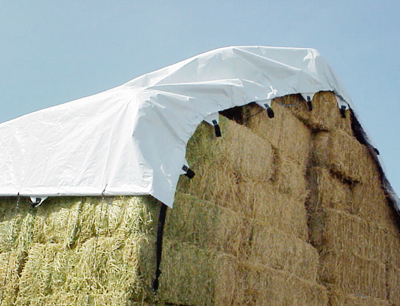
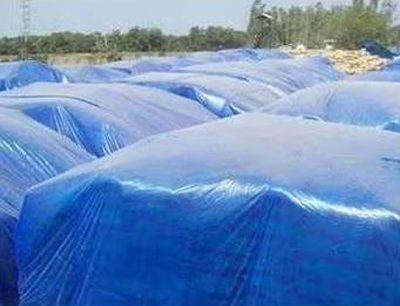
Fumigation is a common practice in pest control, eliminating insects and pathogens that threaten crops and stored goods. Tarpaulins are used to create a sealed enclosure during fumigation, containing the fumigant and ensuring effective treatment. These specialized covers are gas-tight, puncture-resistant, and compliant with safety standards, making them indispensable for pest management professionals.
Tarpaulins play a vital role in the mining industry, providing protective covers for equipment, stockpiles, and work areas. These heavy-duty covers shield machinery from harsh weather conditions, preventing corrosion and extending their lifespan. Additionally, they help contain dust and debris, promoting safety and compliance with environmental regulations.
